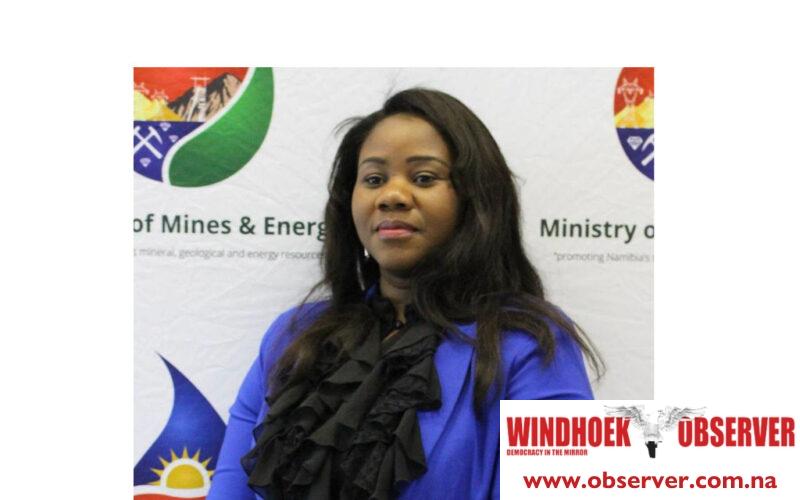Niël Terblanché
The National Petroleum Corporation of Namibia (Namcor) and its joint venture partners, TotalEnergies, QatarEnergy, and Impact Oil & Gas, will move forward with developing the Venus Field in Block 2913B, offshore Namibia.
This decision comes despite the recent unsuccessful drilling of the Marula-1X exploration well.
The Marula-1X well lies about 47 kilometres south of the Venus-1X discovery. It was drilled to a depth of 6,460 metres, targeting Albian-aged sandstones.
No hydrocarbons were found in the primary target, and no drill stem test was performed.
Victoria Sibeya, acting managing director of Namcor, said on Tuesday that a full analysis of the well results is underway.
“While the results of Marula-1X, an exploration well outside Venus’ main field, were not what we had hoped for, our focus remains firmly on the commercial potential of the Venus Field. The accelerated development of this project is a clear signal of our commitment to Namibia’s energy future,” she said.
The Venus Field, discovered in 2022, is located about 320 kilometres southwest of Lüderitz in water depths of around 3,000 metres. The joint venture plans to drill up to 40 subsea wells.
These will connect to a Floating Production Storage and Offloading (FPSO) vessel that can process 150,000 barrels of oil per day.
The joint venture has started the Environmental and Social Impact Assessment process, in line with Namibian regulations. Public engagement sessions ran from 7 to 30 April 2025 in locations across the Erongo and Karas regions. “These sessions aimed to inform and involve communities by sharing details of the proposed project and offering a platform for the public to raise questions, voice concerns, and provide valuable input,” Sibeya said.
TotalEnergies, which operates Block 2913B with a 50.5% stake, is working with its partners on post-well studies.
These include core samples, logging data, and fluid analyses from the Venus wells.
The studies will continue throughout 2025 to support the development plan.
Despite the Marula-1X result, the joint venture is pushing ahead.
The Final Investment Decision is expected by early 2026. First oil production could begin by 2029 or 2030.
Sibeya said the Venus project is set to become a cornerstone of Namibia’s energy landscape.
The team still faces challenges, such as managing associated gas and reaching breakeven costs.
But continued investment and stakeholder engagement show strong commitment to developing the Venus Field and advancing Namibia’s oil industry.




